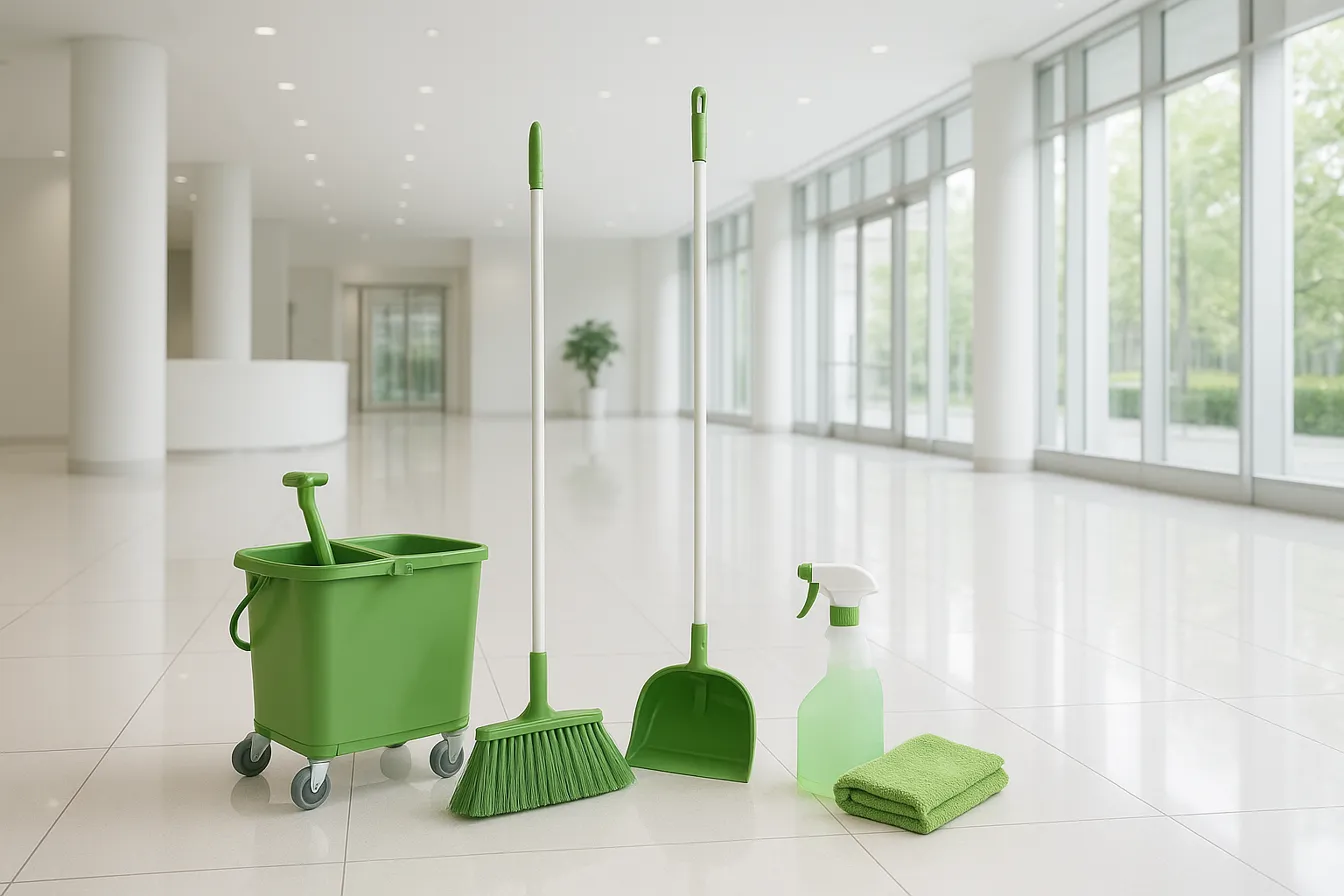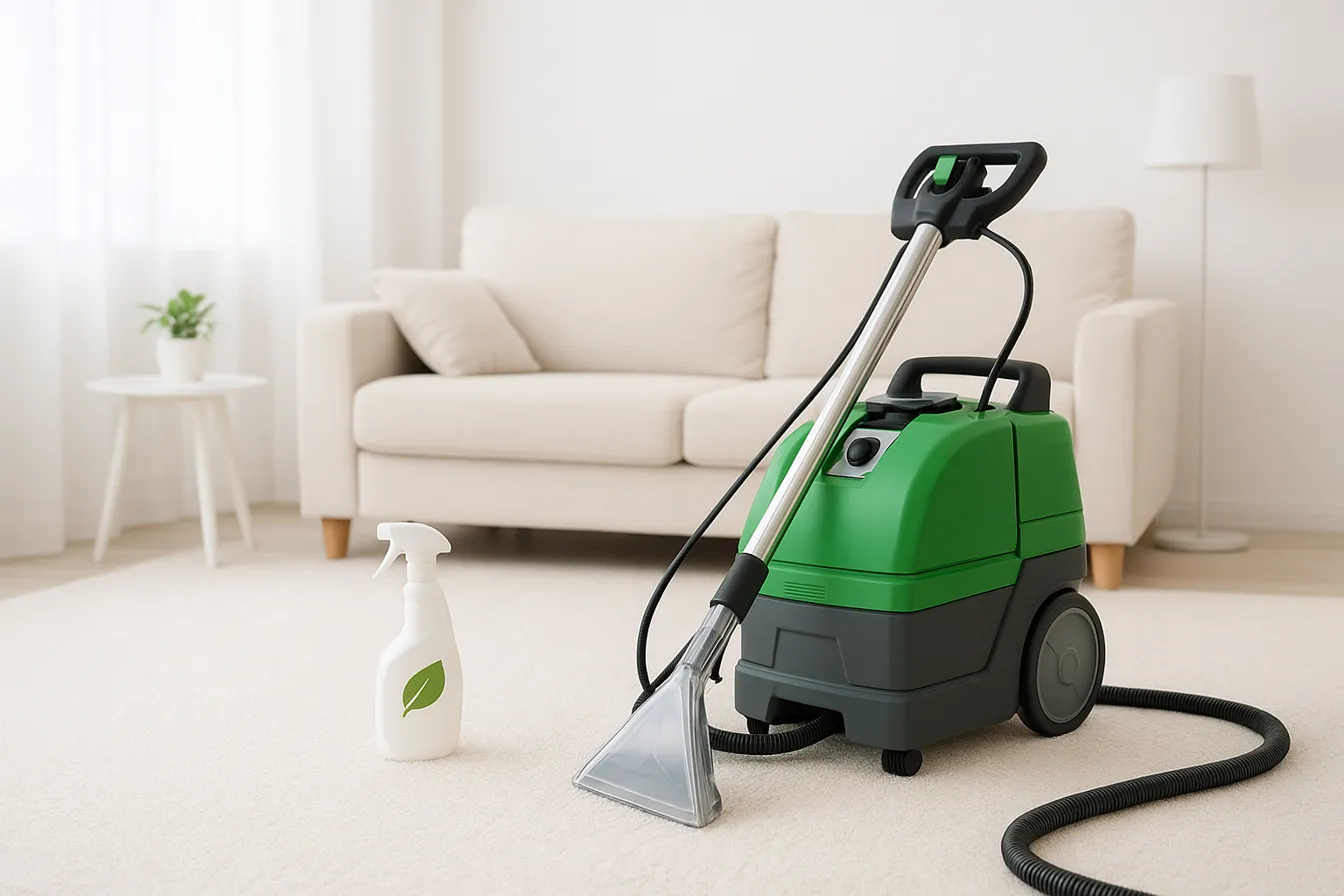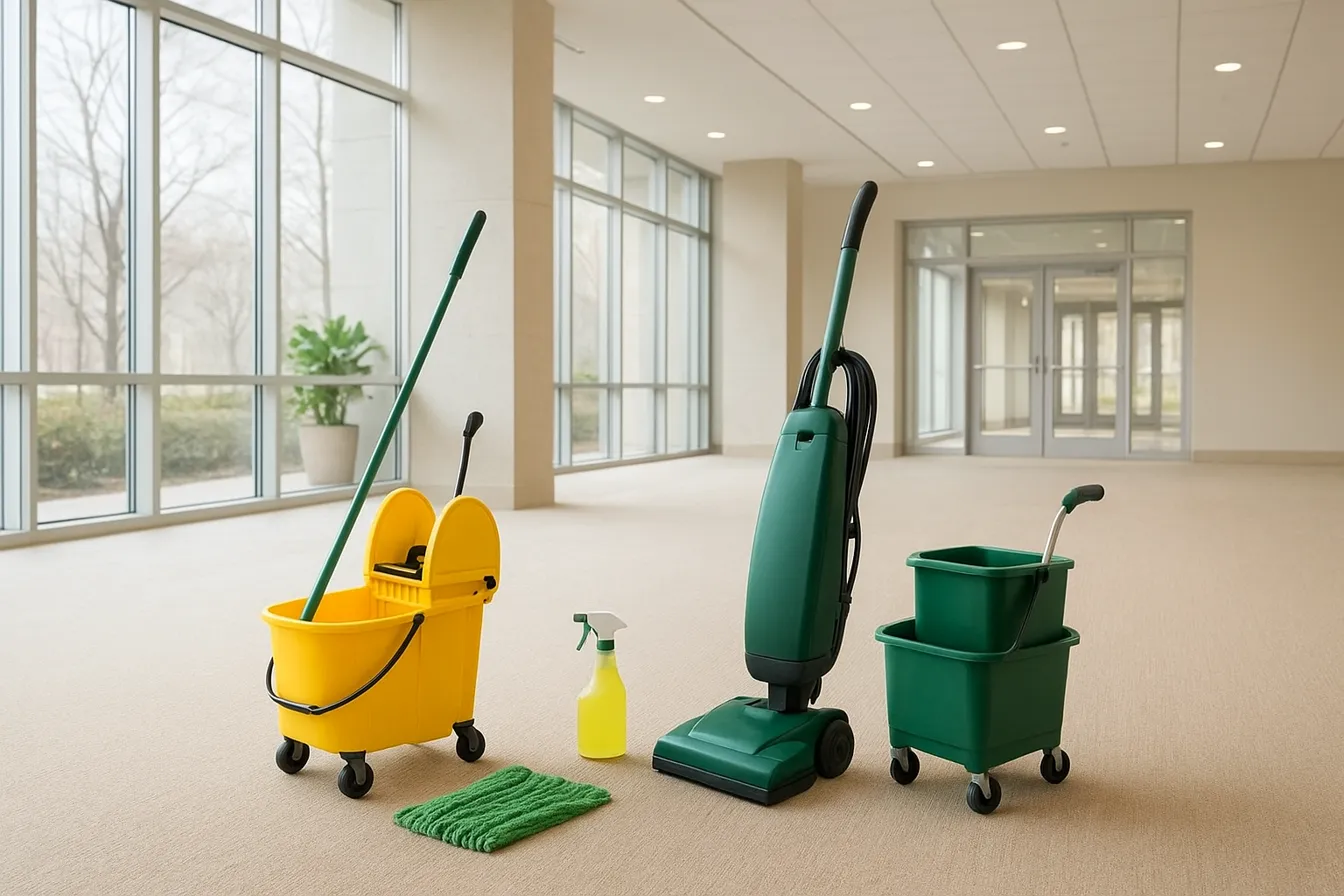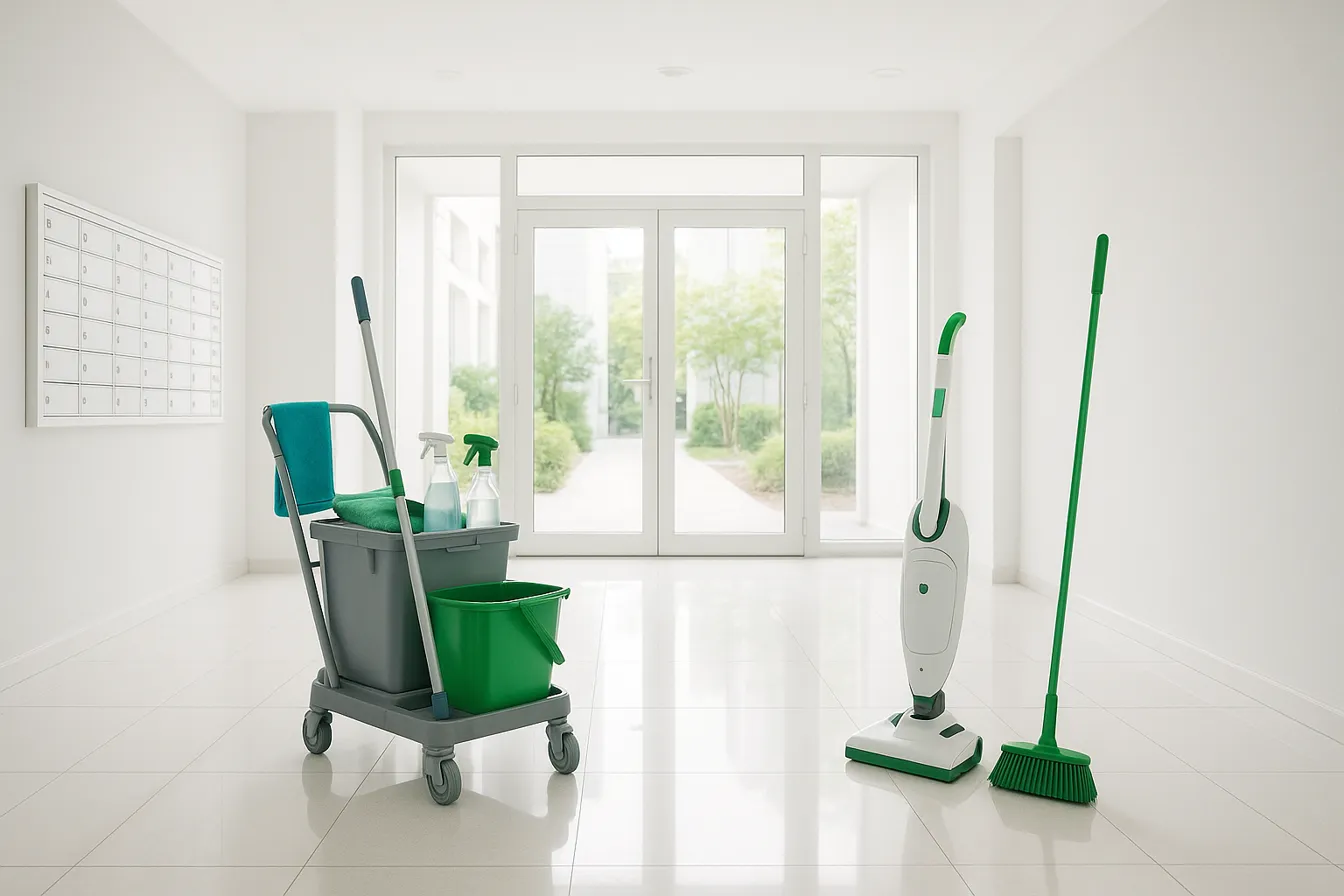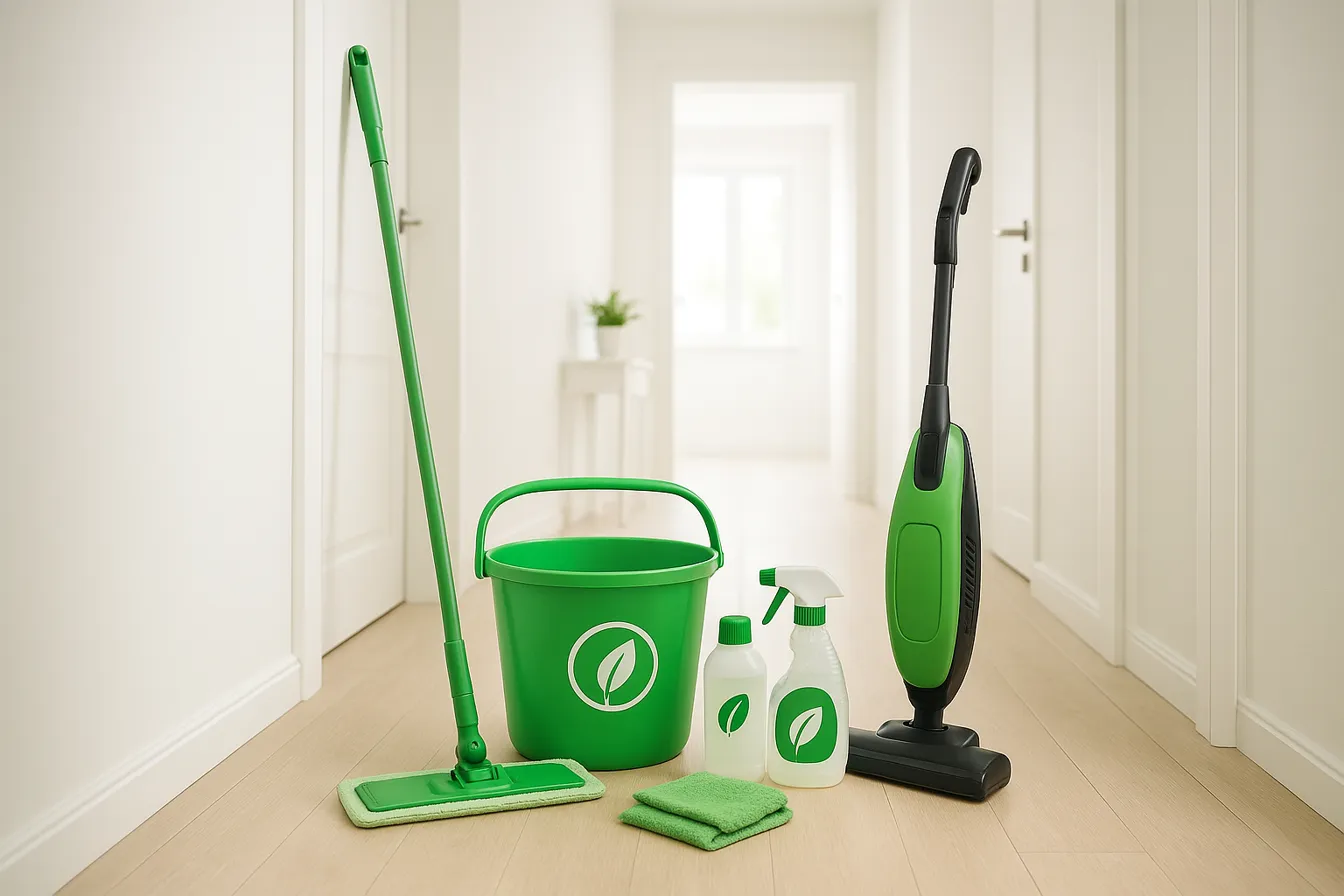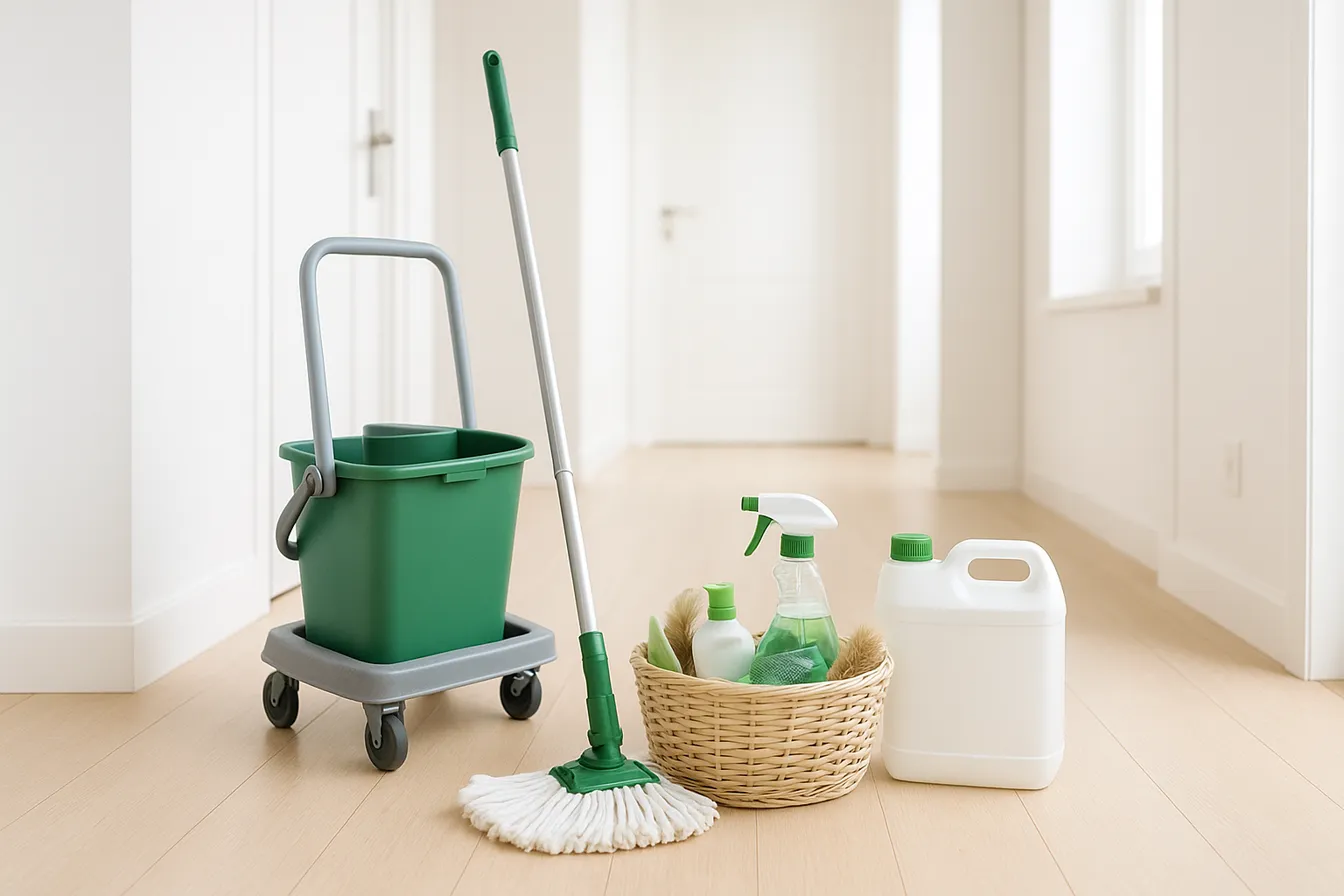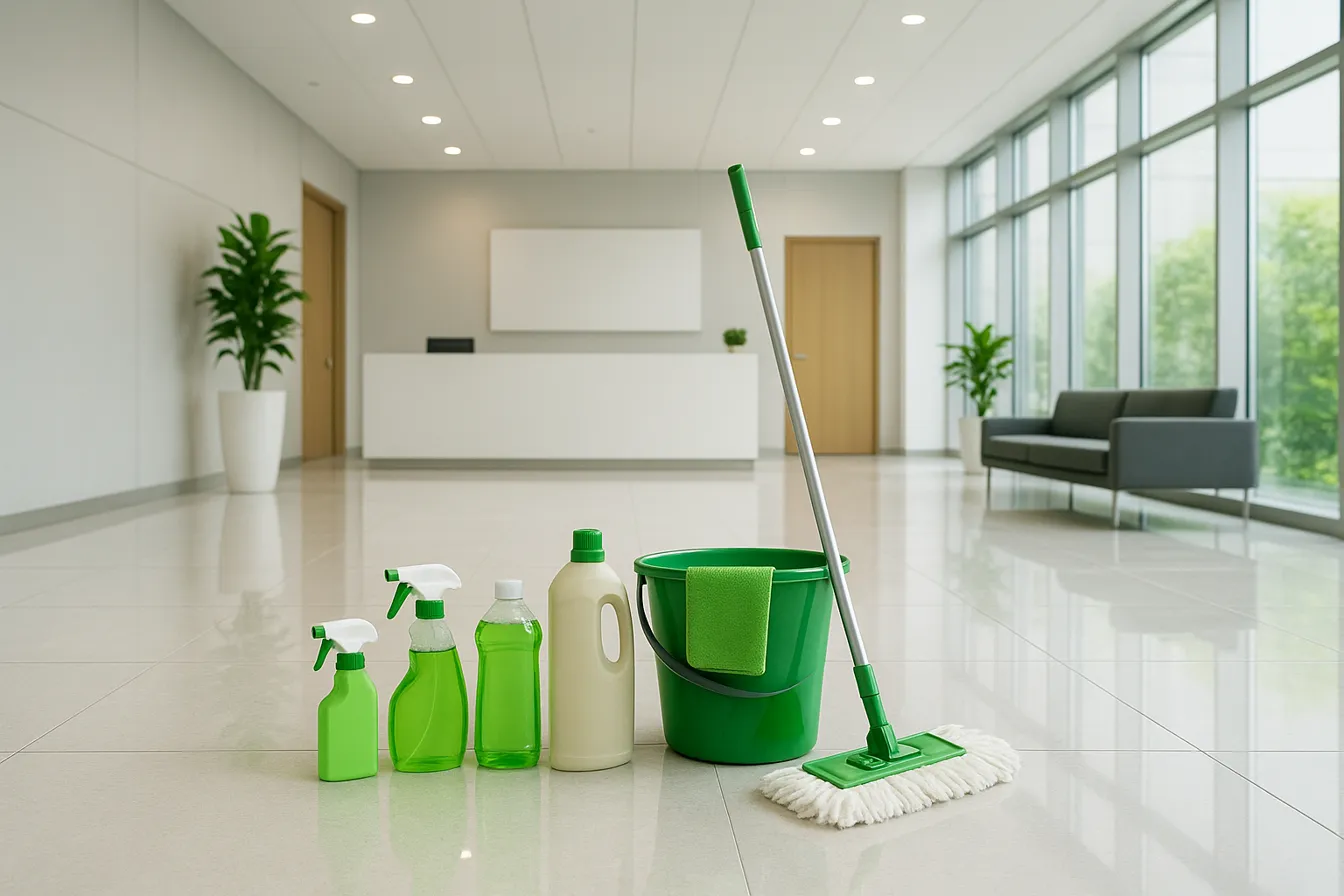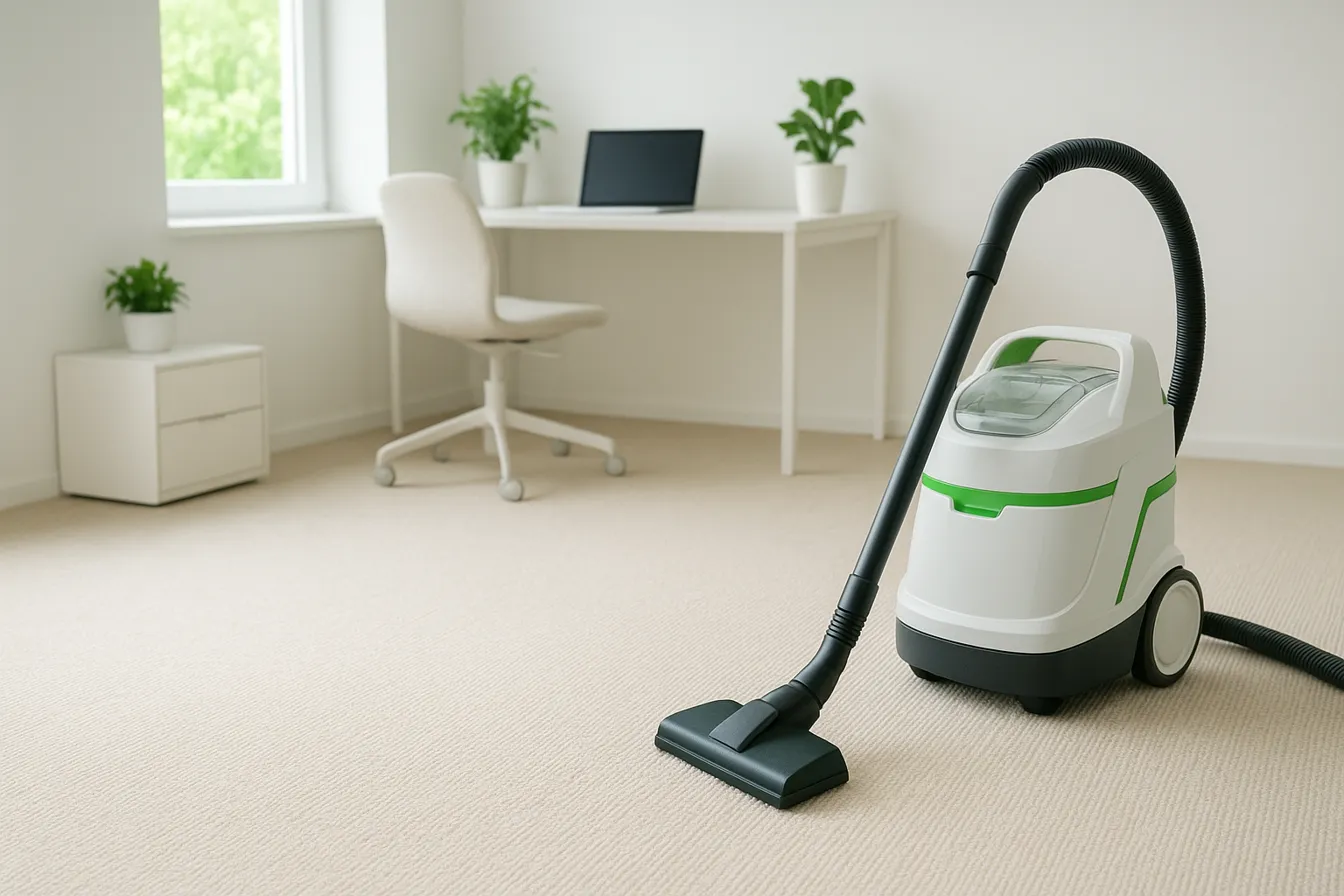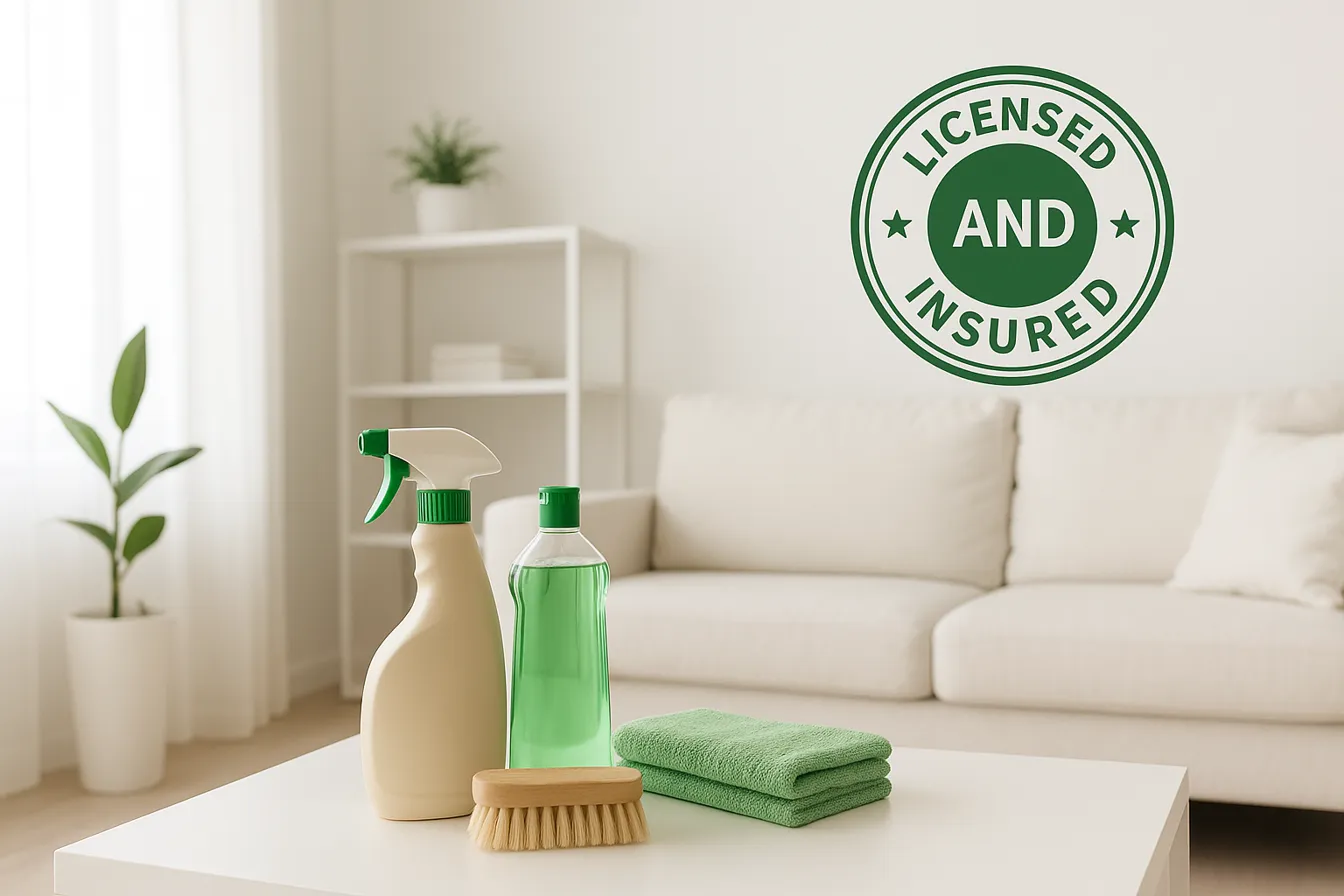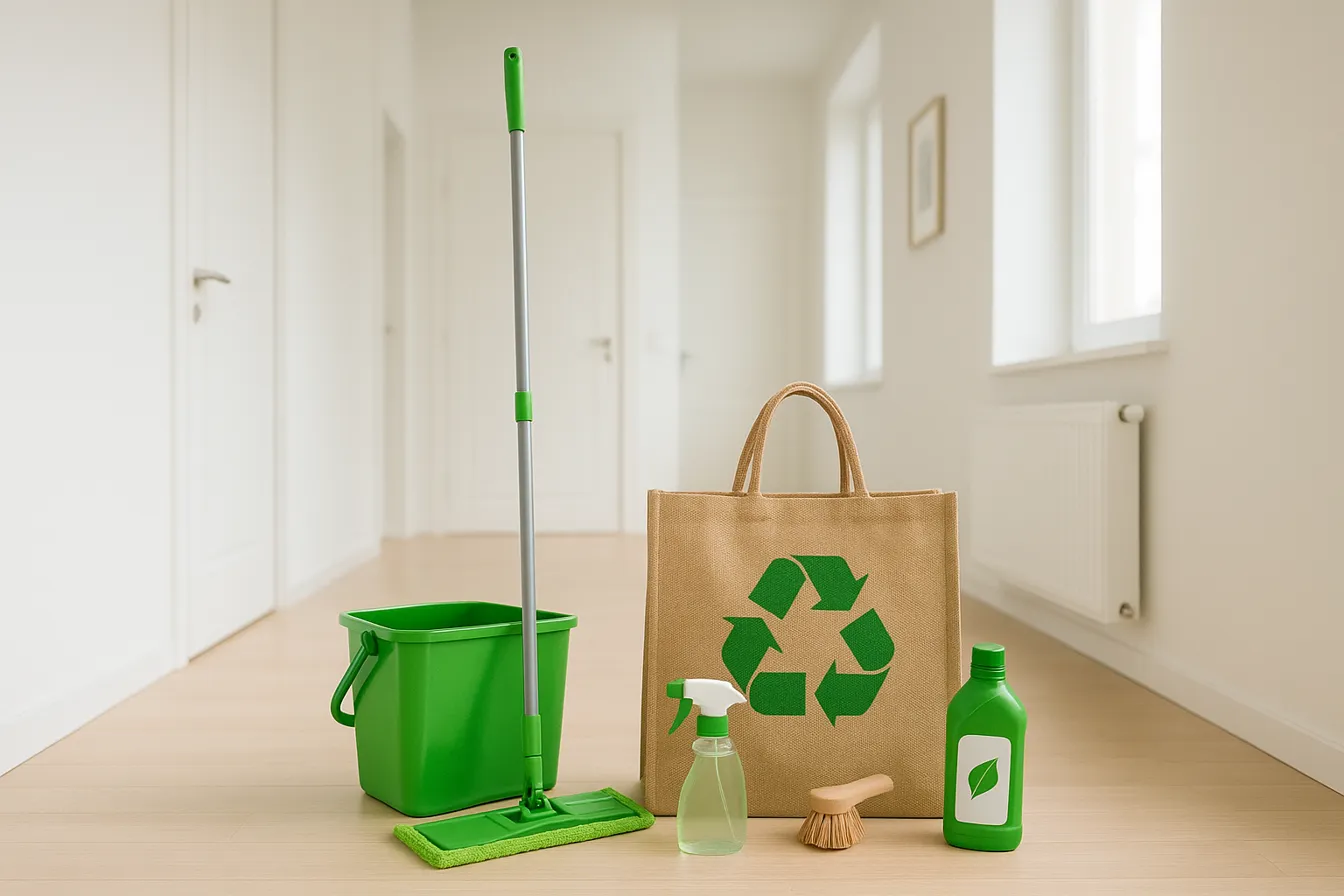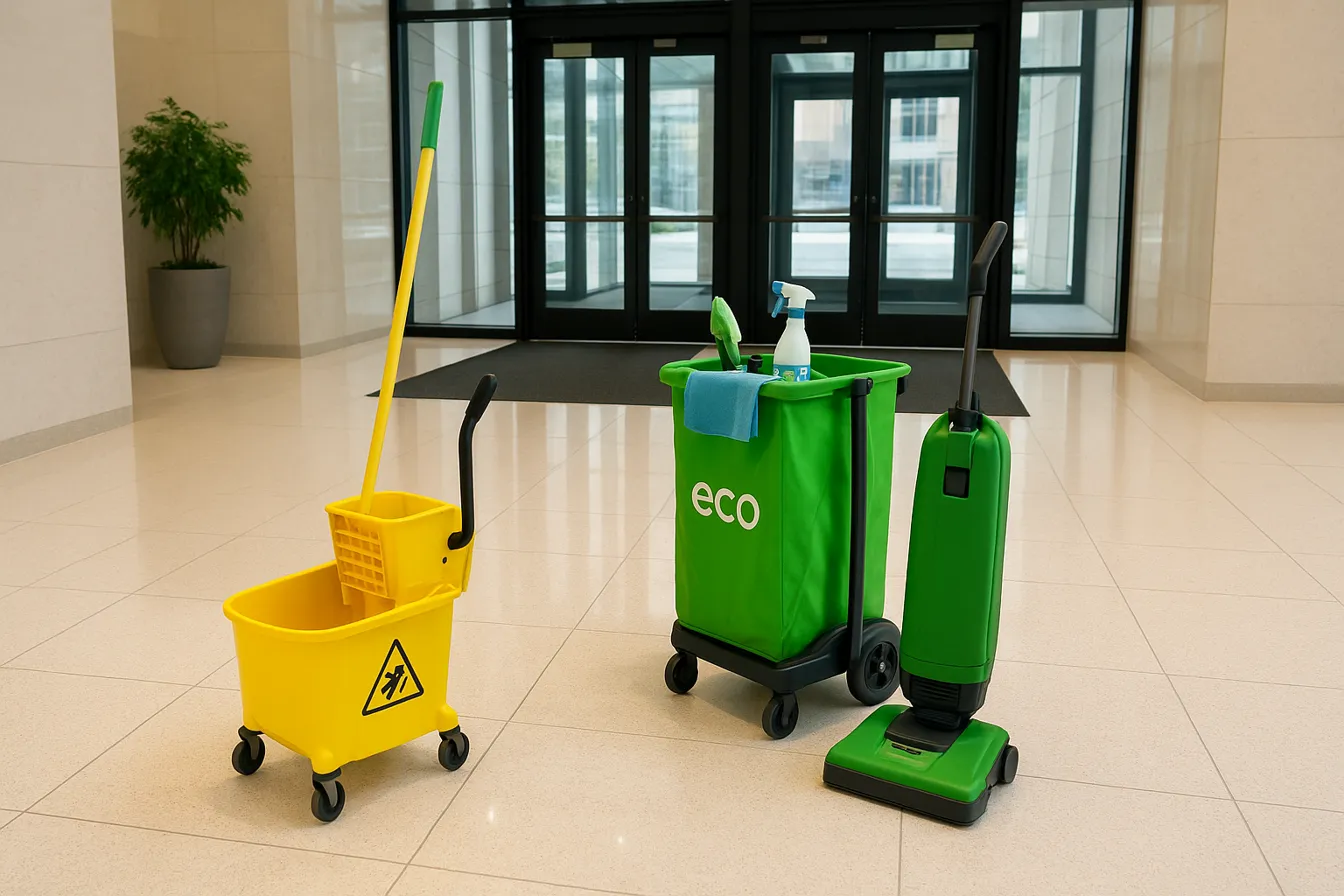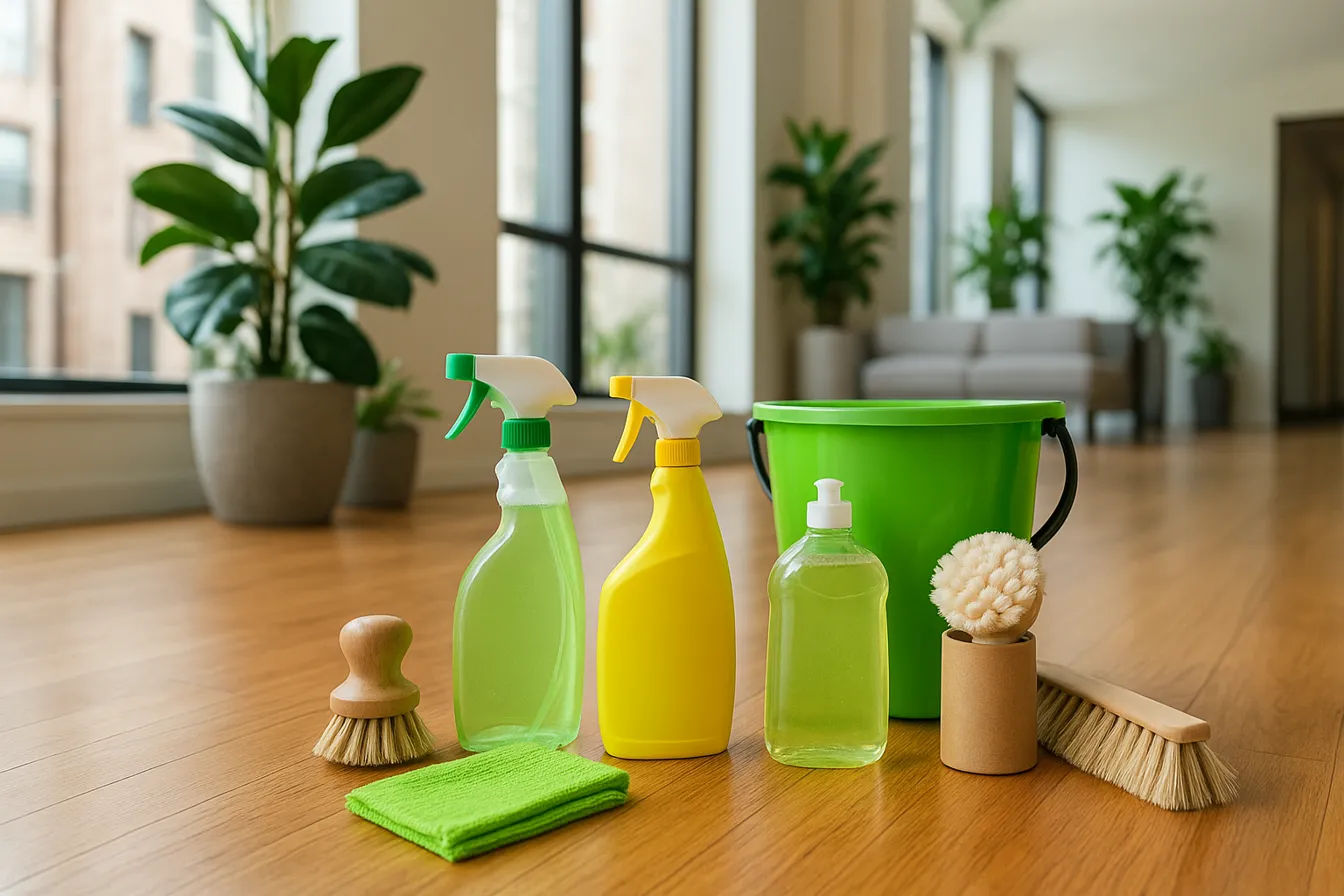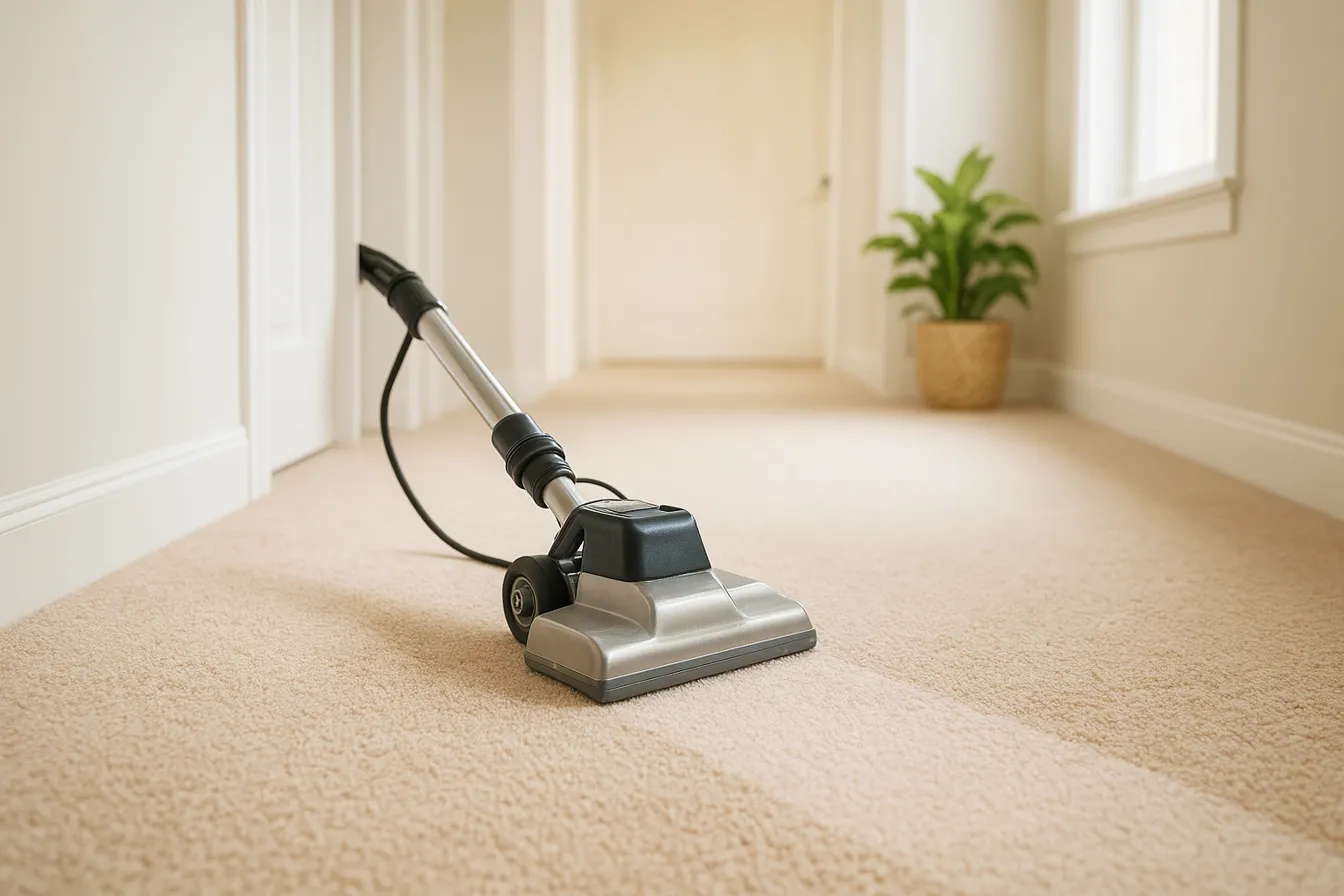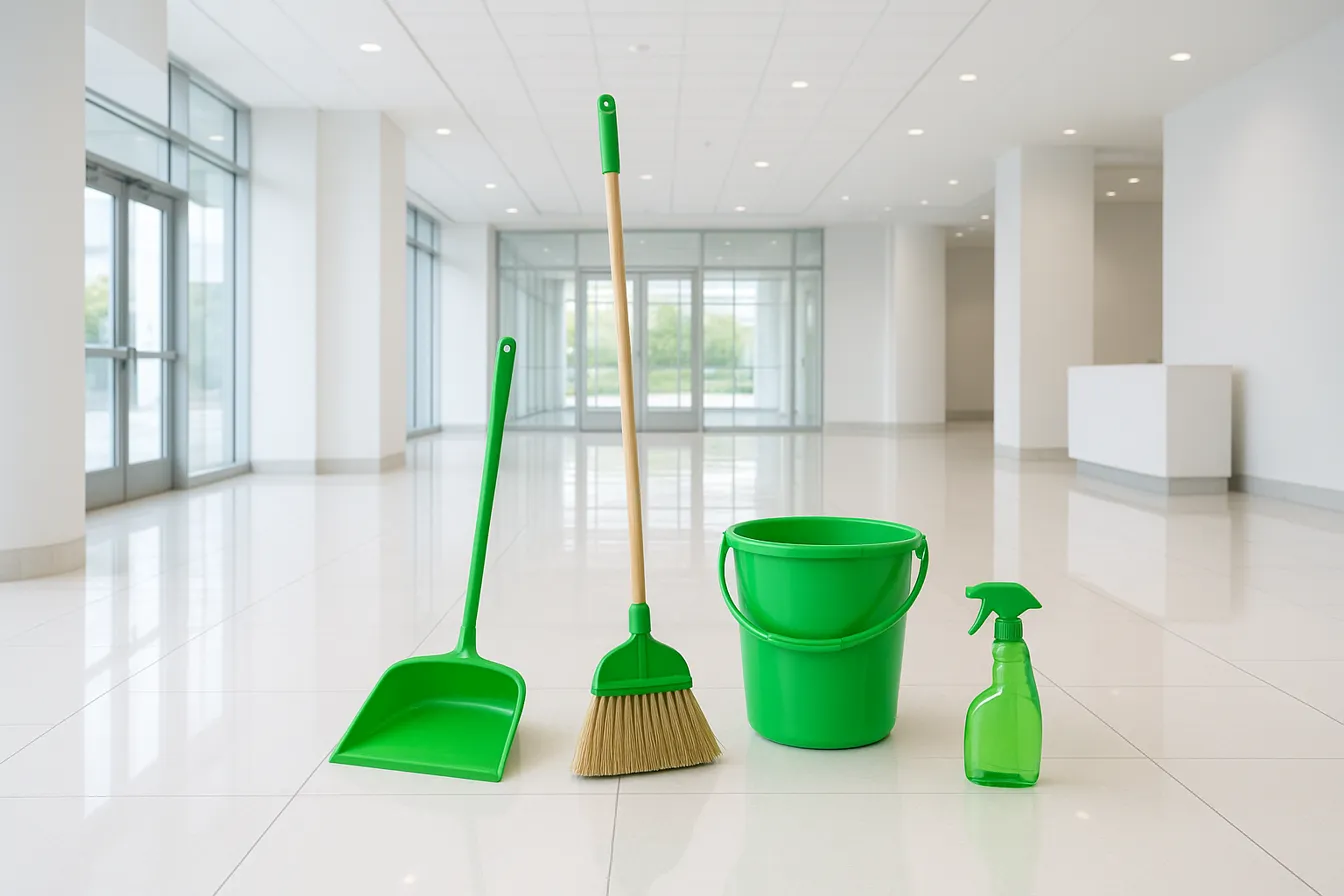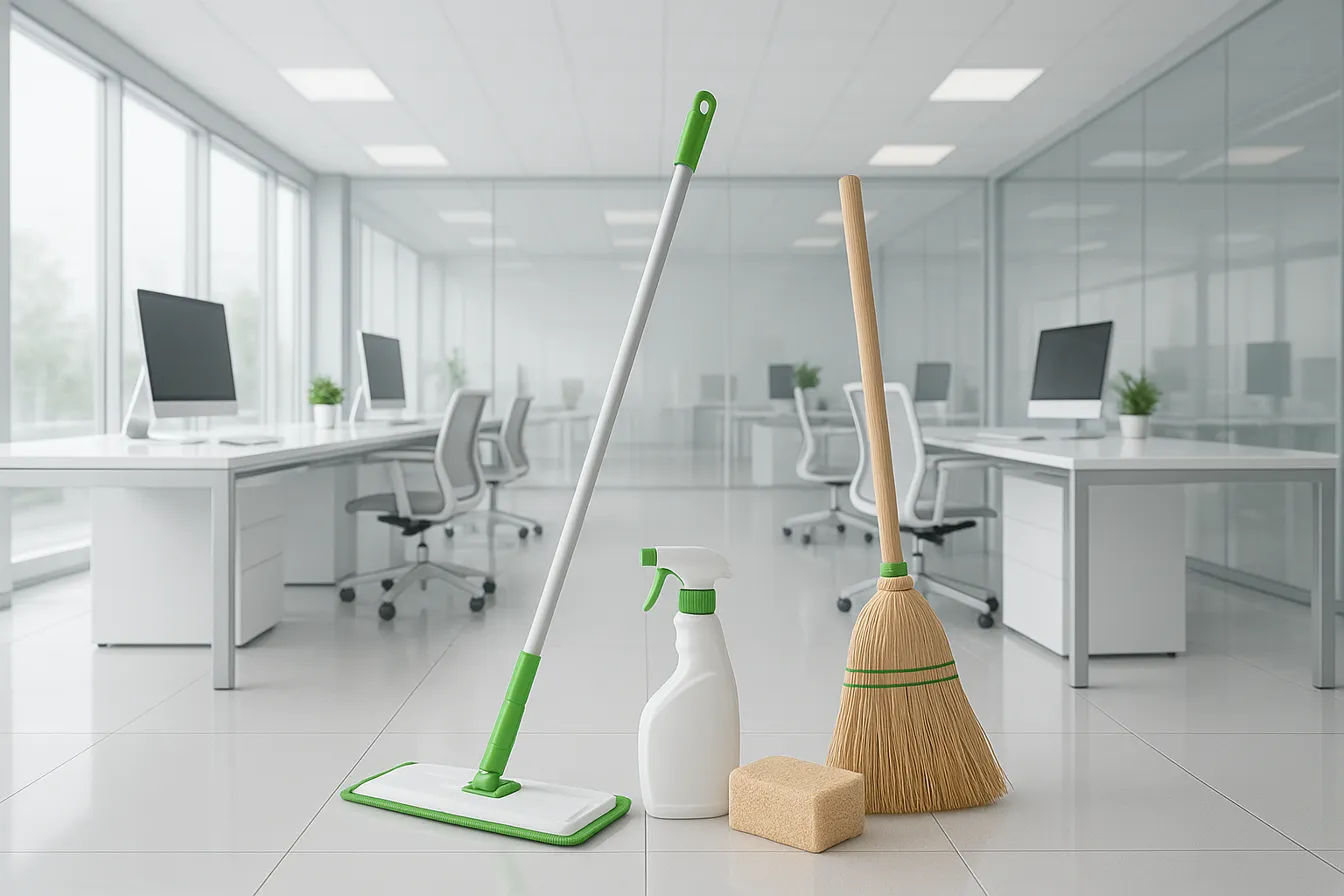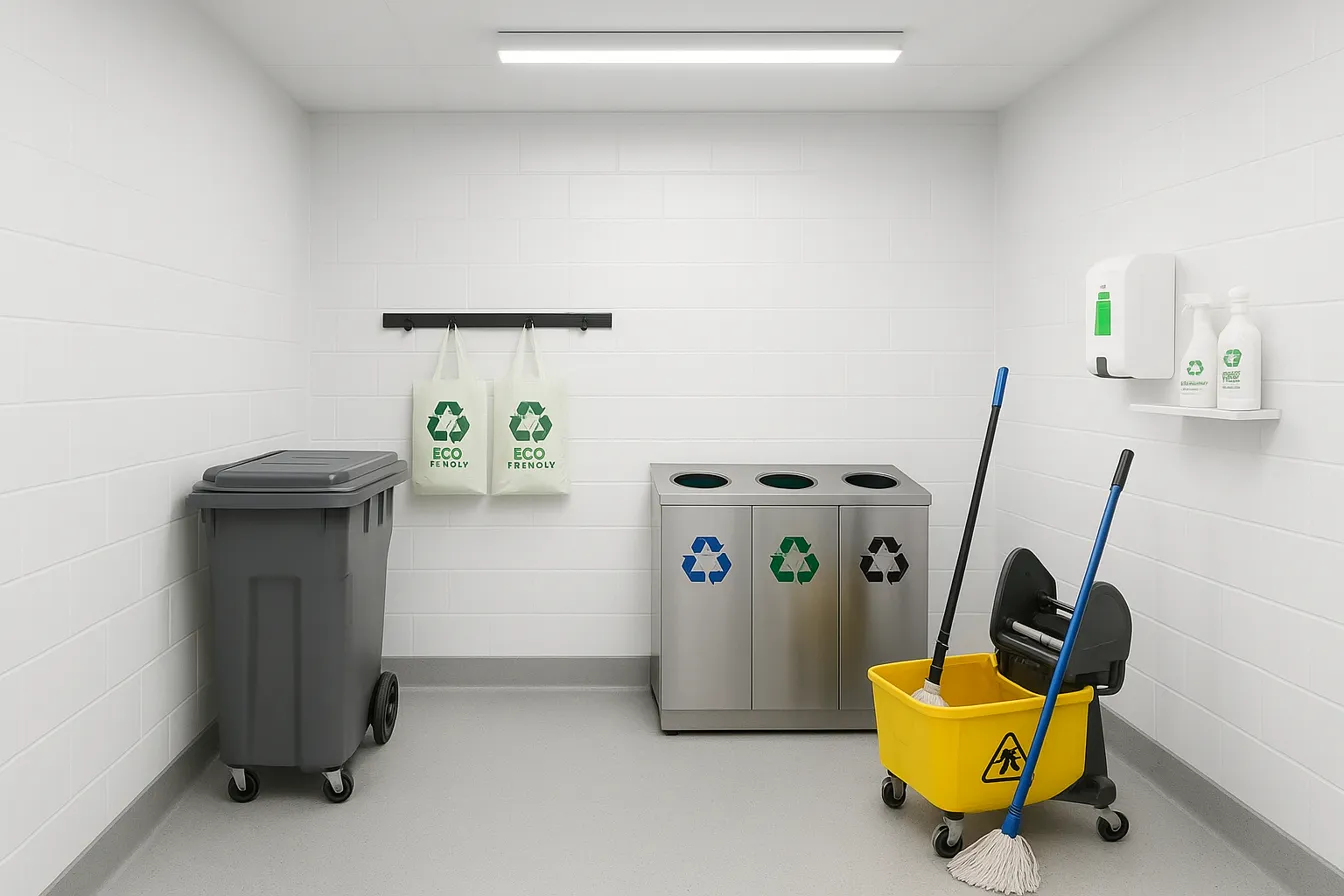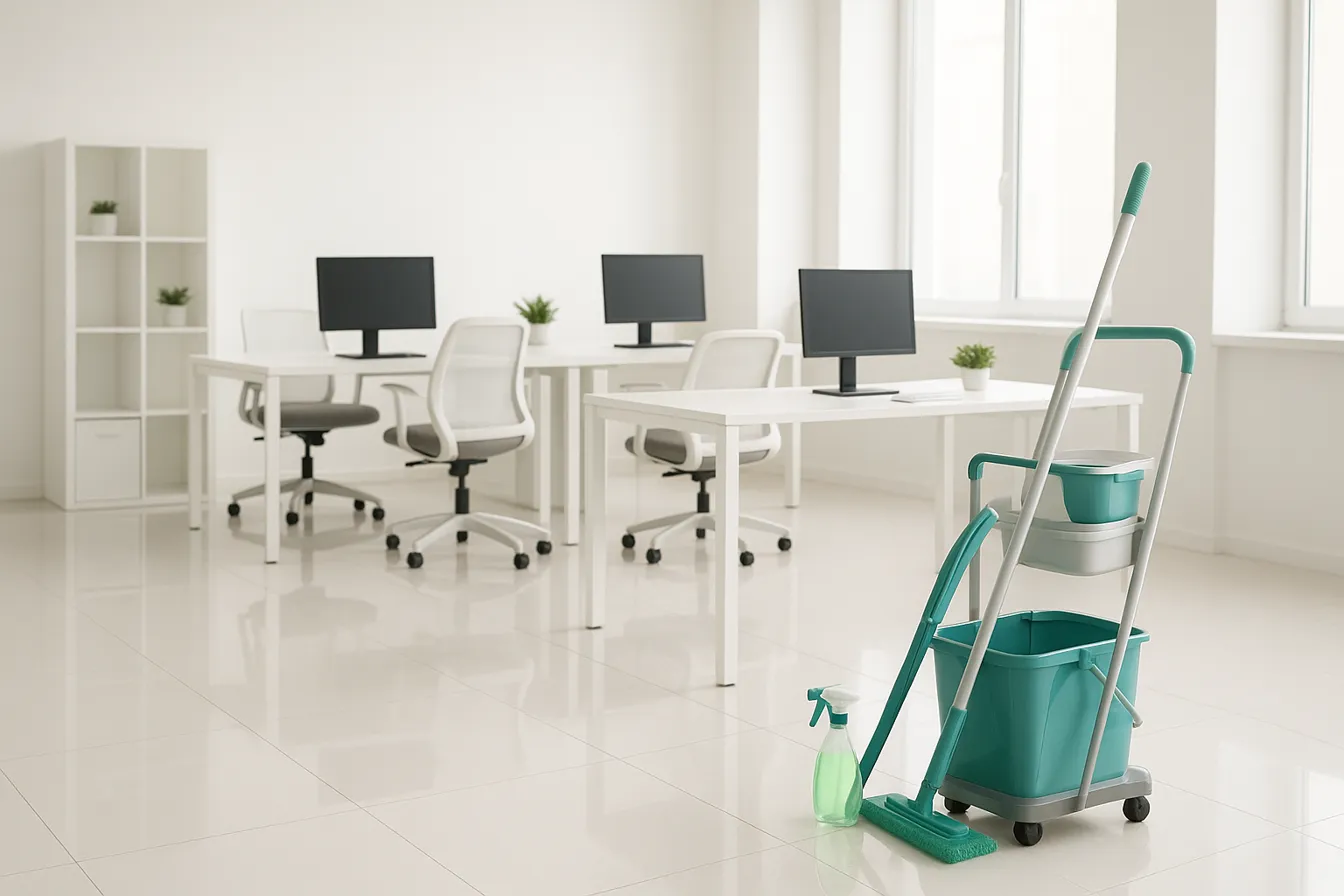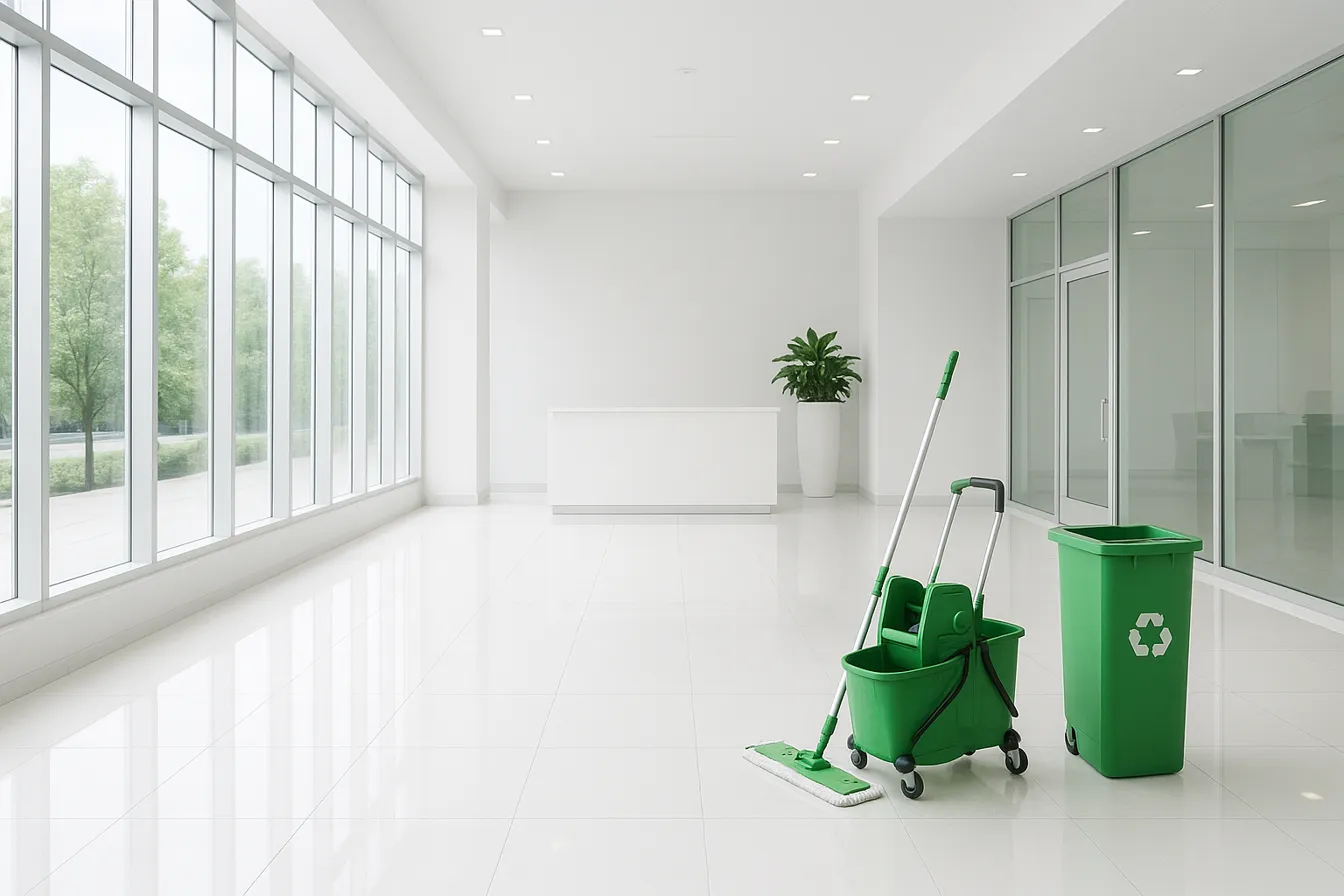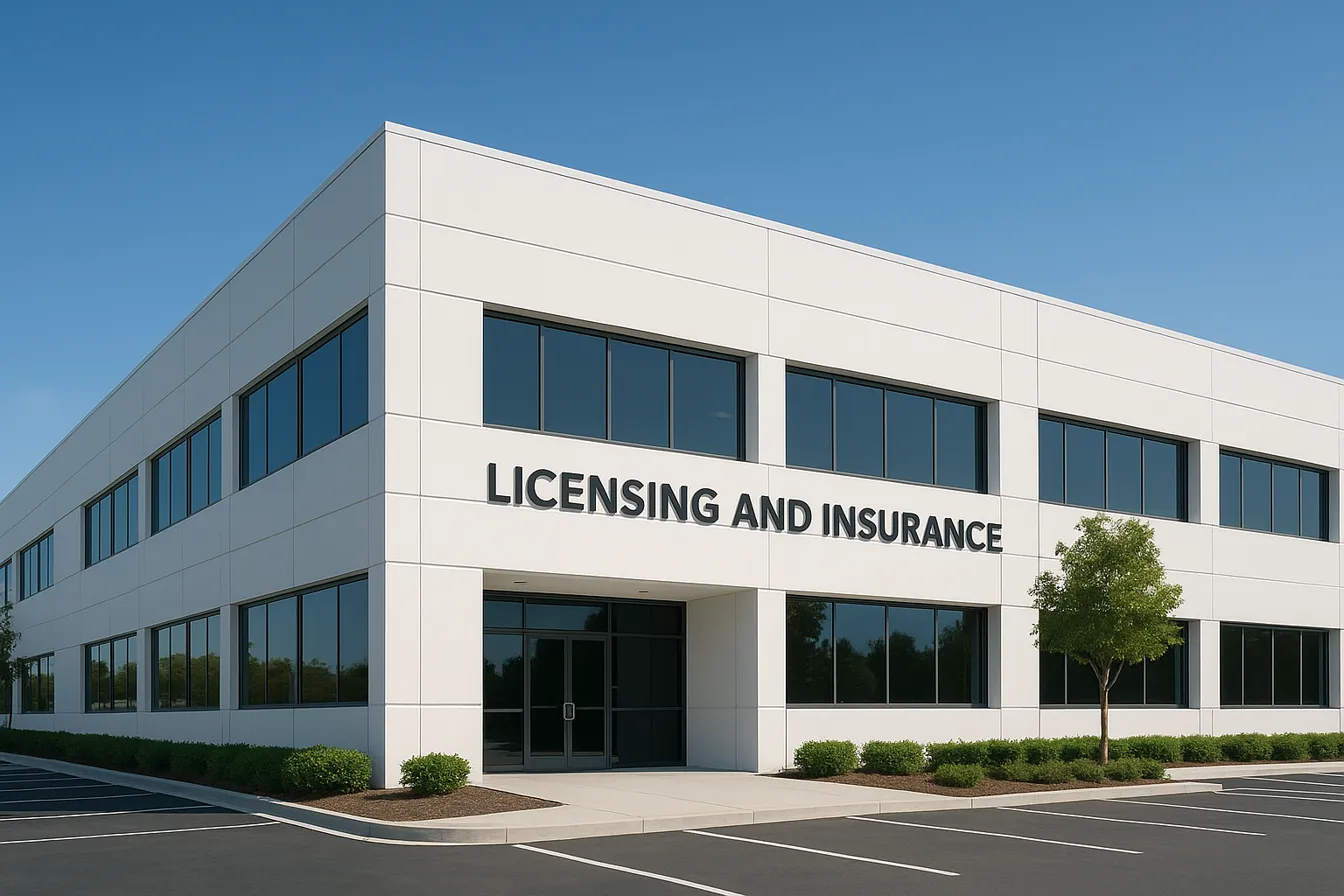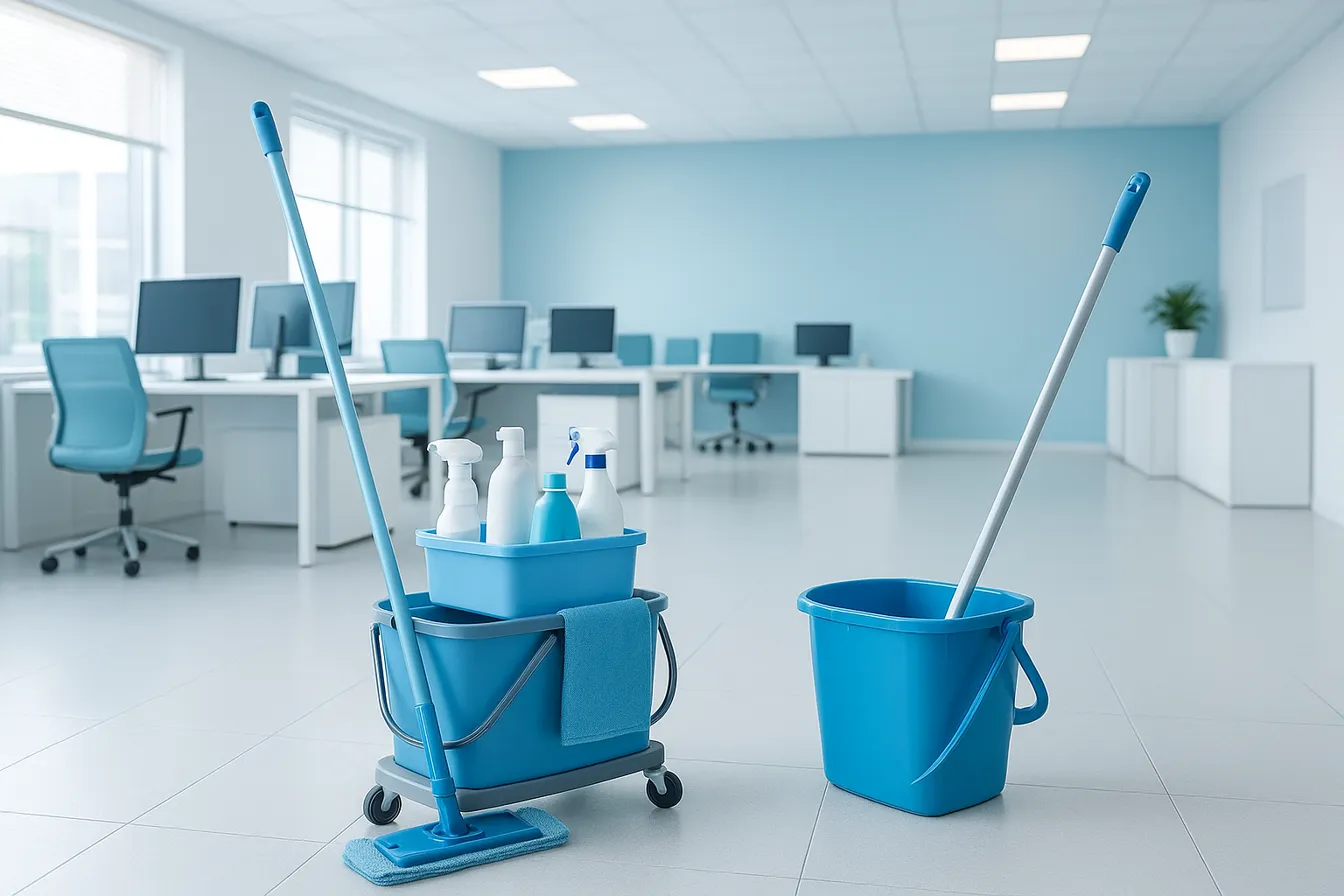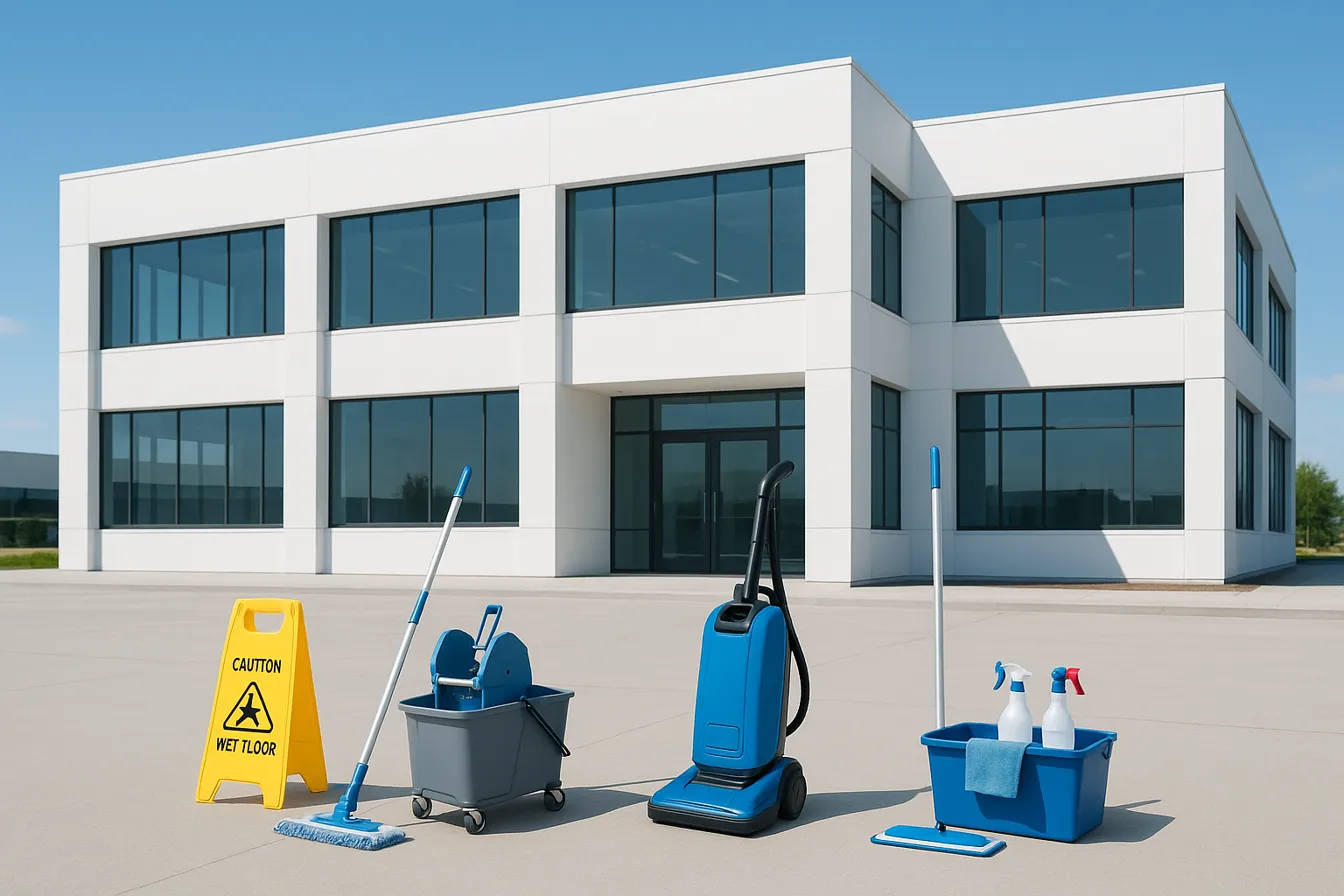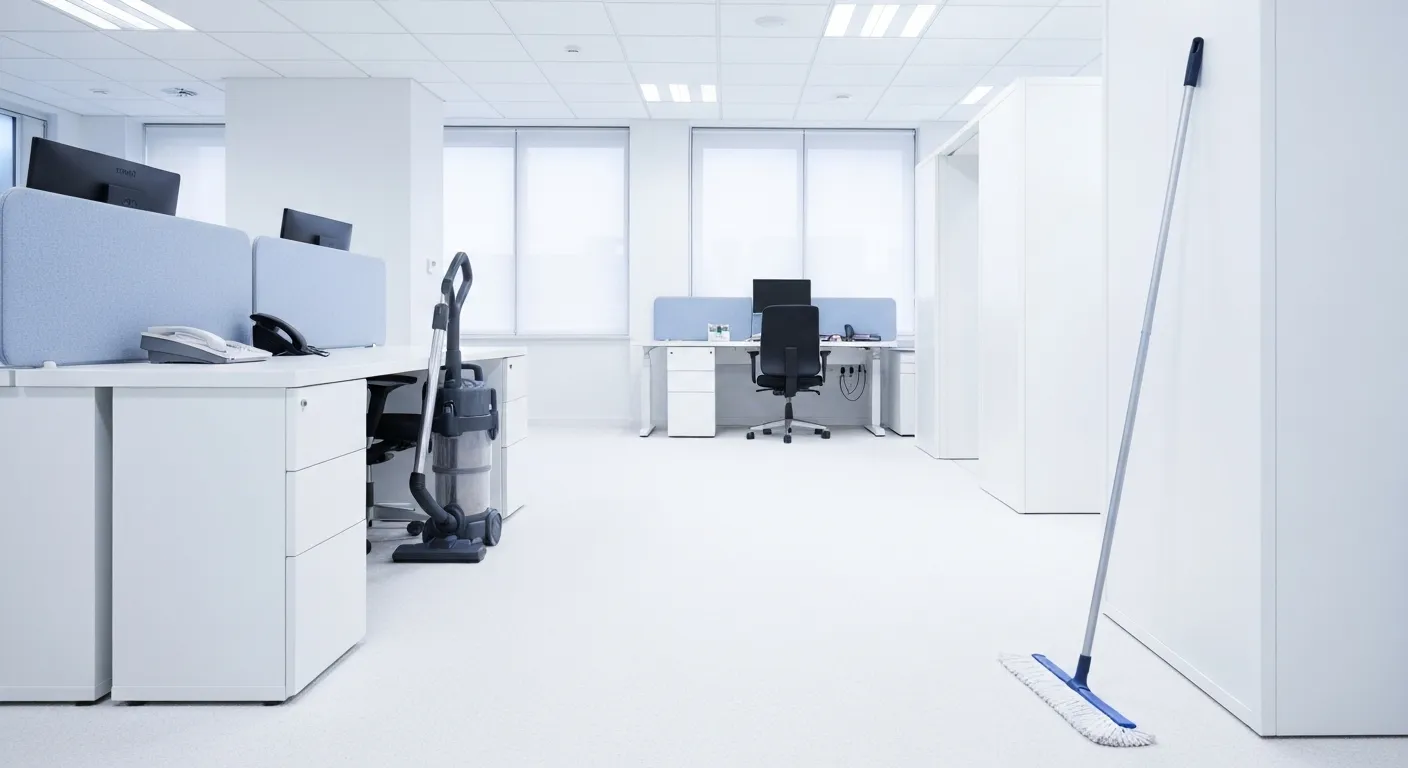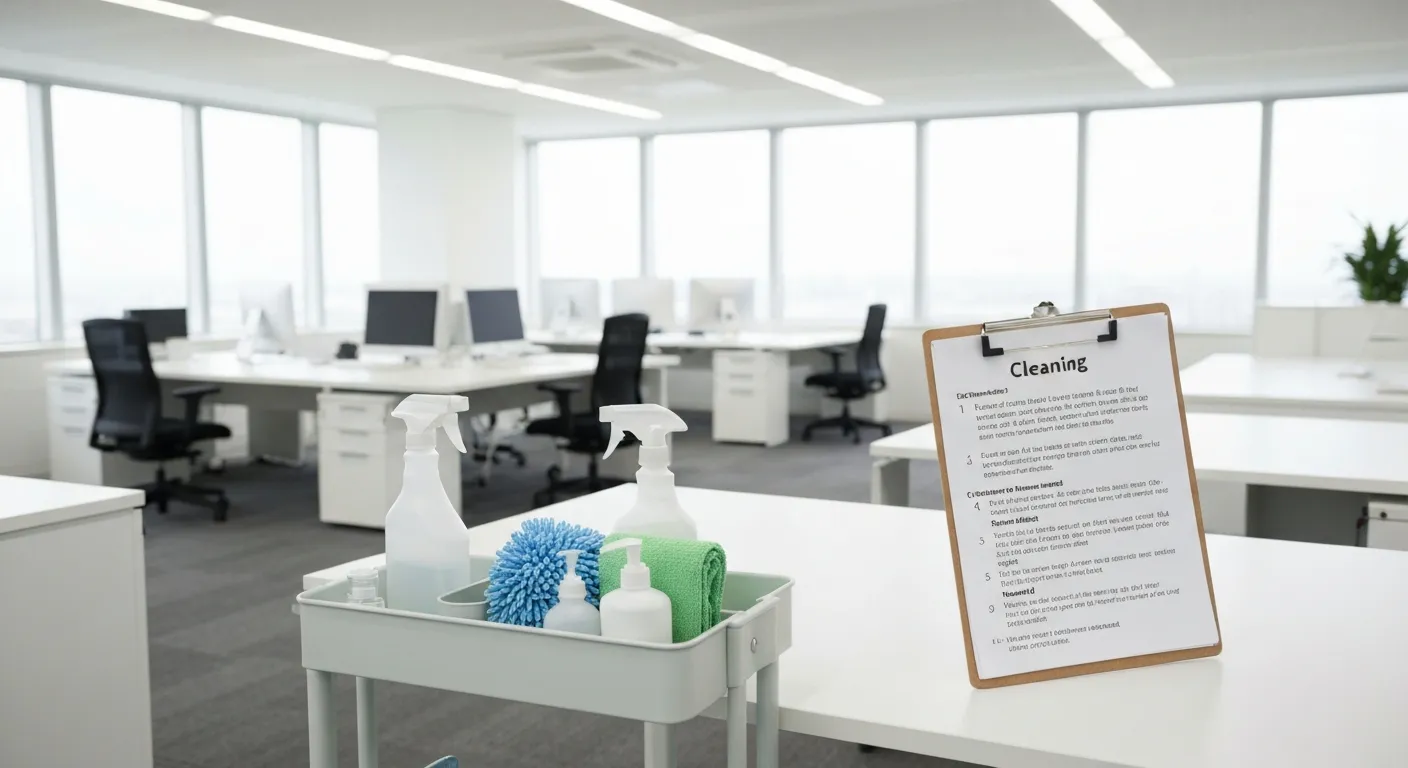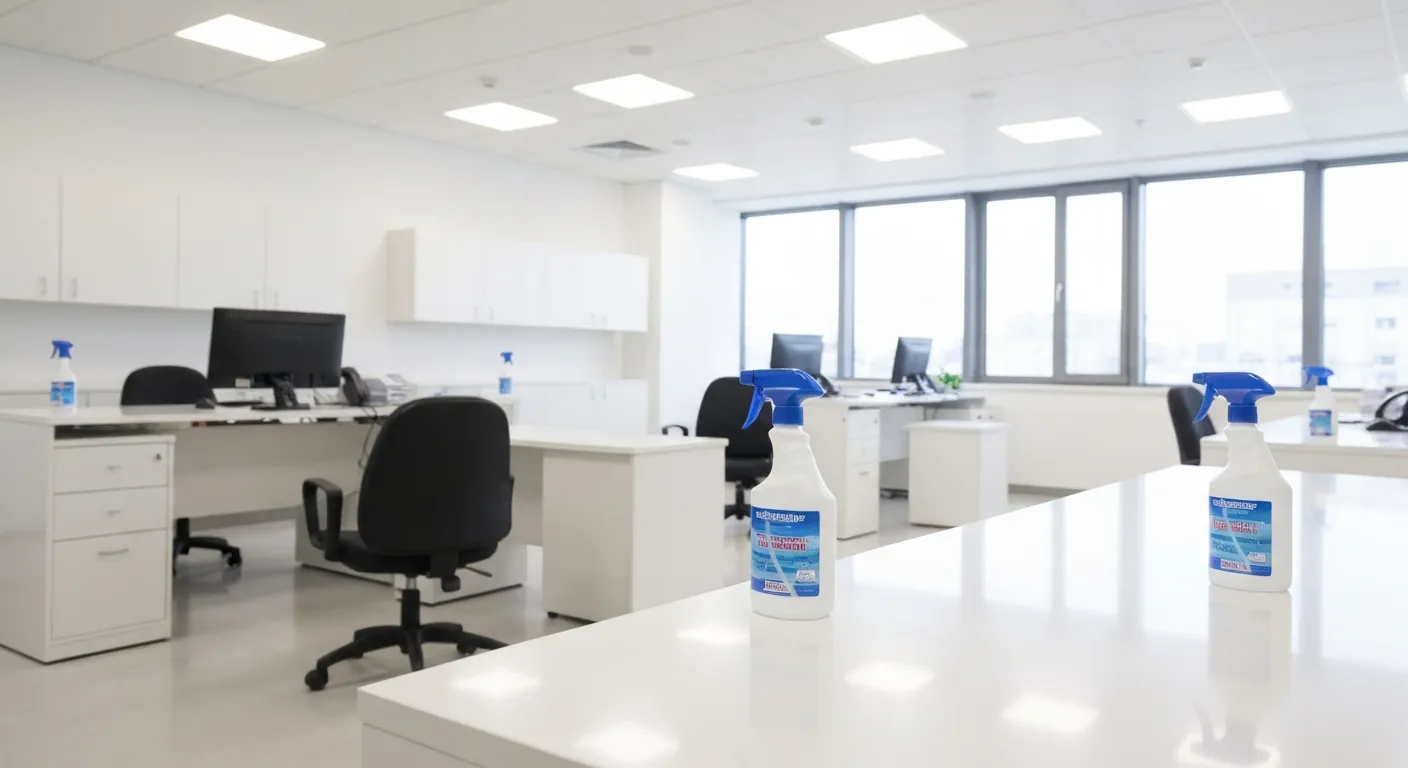Licensed and Insured: What It Means for Our Cleaning Clients

Why Licensing and Insurance Matter to Cleaning Clients
When choosing a cleaning service, clients often wonder about the significance of a company being licensed and insured. These credentials are more than just formalities; they represent adherence to legal standards, professional accountability, and vital protections for both the client and the service provider. This article explores what it means for cleaning companies to hold these credentials, why they are essential, and how they contribute to trust, safety, and quality in home and commercial cleaning services.
Defining Licensing, Bonding, and Insurance in Cleaning Services
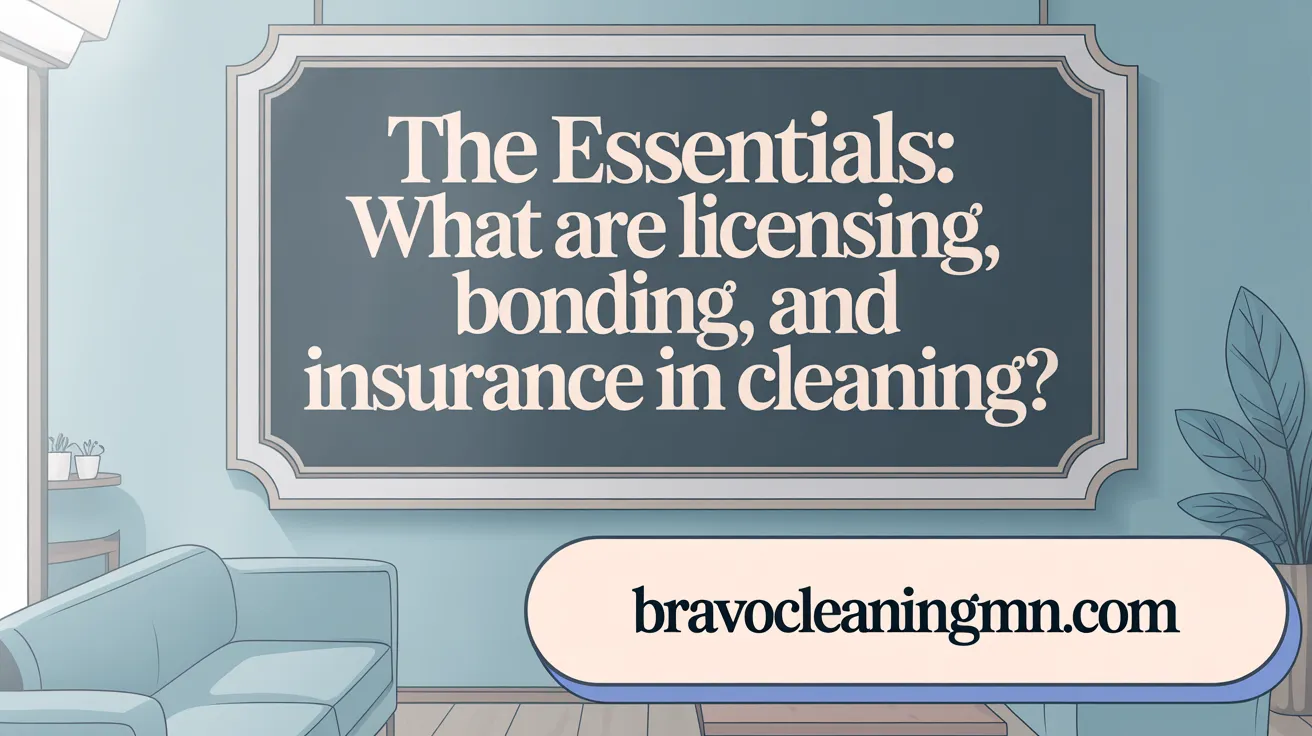
What are licensing, bonding, and insurance?
Licensing is the official permission granted by local or state authorities that allows cleaning businesses to operate legally. A license might include specific permits for commercial cleaning, business registration, or vendor licenses. It confirms the company has met legal standards and complies with regulations.
Bonding involves purchasing a surety bond, which acts as a financial guarantee that the cleaning service will fulfill its contractual obligations. It also protects clients from dishonest actions, such as theft by employees, by providing reimbursement if mishaps occur.
Insurance is a protective policy a cleaning company holds against potential risks like accidents, property damage, injuries, or lawsuits. It covers costs associated with these incidents, shielding both the business and its clients from financial liability.
Legal requirements for cleaning businesses
Operating legally requires more than just good reputation; it involves securing necessary licenses, bonds, and insurance policies. Most regions mandate businesses to have at least basic licensing, which may include background checks and staff training standards.
A bonded company shows additional commitment by protecting clients against theft and dishonesty through a surety bond. Insurance, such as general liability and workers’ compensation, covers unforeseen damages or injuries.
Types of licenses, bonds, and insurance policies applicable
| Type | Description | Purpose |
|---|---|---|
| Business License | Registration with local authorities | Legally operate and pay taxes |
| Vendor License | Specific permit for selling services or products | Regulatory compliance |
| Surety Bond | Financial guarantee involving a third party | Protect against theft or contract failure |
| General Liability Insurance | Covers property damage and injuries | Protects against legal claims |
| Workers’ Compensation | Cover injuries to employees | Ensures employee safety and complies with laws |
| Commercial Auto Insurance | Protects company vehicles | Covers accidents involving work vehicles |
How do licensing, bonding, and insurance differ regarding cleaning businesses?
Licensing ensures a cleaning business is authorized to operate legally, demonstrating adherence to local rules and standards. Bonding provides a financial safeguard for clients against theft or contract breaches, acting as an additional trust factor. Insurance offers crucial financial protection for accidents, injuries, and property damage, covering costs that could otherwise burden the business or its clients.
While all three serve to build trust and ensure professional operation, they fulfill different roles: licensing for legality, bonding for trust and specific protections, and insurance for risk management. Together, they form a comprehensive safety net that guarantees reliable, trustworthy, and lawful cleaning services.
What It Means to Be Licensed and Insured

What does it mean for a cleaning company to be licensed and insured?
When a cleaning company is licensed and insured, it signifies that the business has fulfilled all necessary legal requirements to operate properly within local or state regulations. Licensing involves obtaining official permits and certifications that verify the company’s legitimacy and adherence to industry standards.
Being licensed also shows that the company employs qualified personnel who meet the required training and safety protocols. This not only boosts credibility but ensures that the cleaning services meet high-quality standards.
Insurance coverage is equally important. It provides financial protection for both the cleaning company and its clients in case of accidents, damage, or injuries during the cleaning process. For clients, this means peace of mind knowing that any damages or mishaps are financially covered without personal liability.
Together, licensing and insurance demonstrate a company's professionalism and accountability. They reflect a commitment to safe, trustworthy, and reliable service. Customers can be confident that a licensed and insured cleaning service is operating legally, respecting industry regulations, and standing behind their work.
In essence, these credentials are crucial indicators of a reputable cleaning business that values safety, quality, and customer trust. Choosing such a service ensures compliance with legal standards and helps protect your property and interests.
Benefits of Hiring Licensed and Insured Cleaning Services
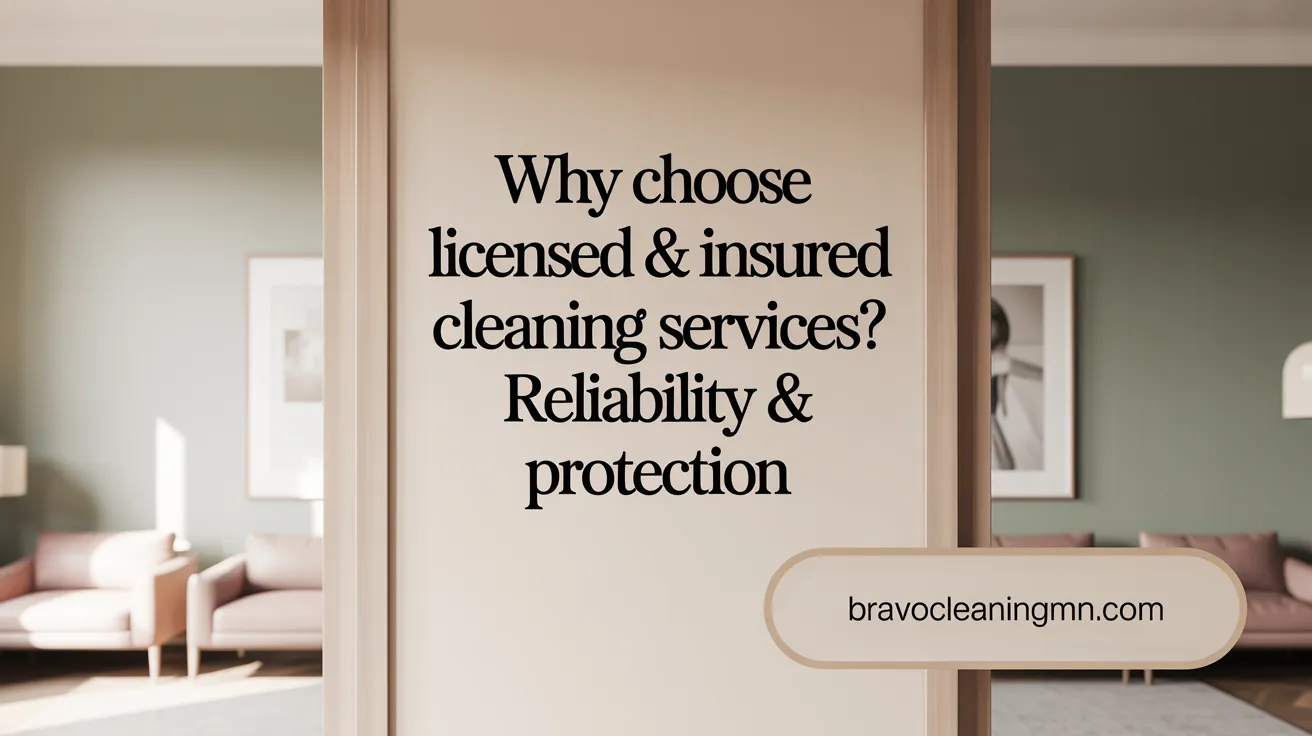
What are the benefits of choosing a licensed and insured cleaning service?
Opting for a cleaning service that is both licensed and insured brings numerous advantages for clients. Licensing demonstrates that the company operates legally, has met state or local requirements, and adheres to high industry standards. This includes undergoing background checks, staff training, and maintaining regular inspections, which collectively ensure a professional level of service.
Insured cleaners provide essential protection against accidents or damages during the cleaning process. For homeowners, this means peace of mind, knowing that any damages or injuries occurring at their property are covered by the company's insurance. Common insurance policies include general liability and workers' compensation, which shield clients from potential financial liabilities.
Choosing licensed and insured services guarantees that the company is accountable and committed to quality. These businesses often follow stricter safety protocols, invest in ongoing staff training, and utilize advanced cleaning technologies and equipment, leading to more efficient and effective results.
The legal accountability tied to licensing means clients have recourse if issues arise, such as damages or unsatisfactory service. Moreover, bonded companies—those also offering surety bonds—further enhance trust by safeguarding clients against theft, dishonesty, or failure to fulfill contractual obligations.
Overall, hiring licensed and insured cleaners offers significant protection for clients, ensuring reliable, responsible, and high-standard service that aligns with legal and safety regulations. This not only elevates the quality and consistency of cleaning but also creates a sense of security and confidence in the service provider.
| Aspect | Benefits | Additional Details |
|---|---|---|
| Professionalism | Certified staff and adherence to standards | Ongoing training, proper permits |
| Safety | Protects against accidents and damages | Insurance coverage for liabilities |
| Accountability | Legal recourse in case of issues | Guarantees and service warranties |
| Service Quality | Reliable, consistent cleaning | Use of advanced equipment and techniques |
| Customer Trust | Builds credibility and confidence | Transparency in licensing and insurance |
Supporting licensed and insured cleaning companies not only benefits clients but also contributes positively to community growth and local economies by upholding industry standards and ensuring fair practices.
Building Client Trust, Safety, and Protection through Credentials

How do licensing, bonding, and insurance influence client confidence?
Credentials like licensing, bonding, and insurance play a vital role in establishing trust between cleaning companies and their clients. Licensing demonstrates that a business complies with local regulations and industry standards, reflecting professionalism and competence. Bonding provides financial assurance for clients, safeguarding against theft, damages, or incomplete work. Insurance coverage, especially general liability and workers’ compensation, protects clients from potential damages or injuries caused during cleaning operations.
When clients see these credentials, they are more likely to feel assured that their property and well-being are protected. These standards show the company’s dedication to high-quality service and accountability, which builds confidence and encourages repeat business.
How do these credentials protect clients?
Having proper licensing, bonding, and insurance shields clients from various risks. Licensing confirms that the service provider has met all legal requirements, has completed necessary training, and adheres to safety protocols. Bonding acts as a financial safety net, covering losses or theft if a dishonest cleaner becomes an issue.
Insurance coverage adds an extra layer of protection by covering damages to property and injuries that may occur during the cleaning process. This reduces the likelihood of clients facing out-of-pocket expenses or legal complications.
Why is legal accountability and risk mitigation important?
Lawful operation through proper licensing ensures that cleaning services follow local rules, undergo regular inspections, and uphold industry standards. This accountability fosters trust and guarantees that clients receive safe and reliable service.
Risk mitigation via insurance helps prevent financial burdens from accidents or damages. It also encourages cleaning companies to maintain high standards, invest in quality equipment, and prioritize safety.
How does professionalism tie into safety protocols and industry standards?
Licensed and insured companies often invest in ongoing staff training and follow strict safety procedures. These measures ensure that personnel are skilled and aware of best cleaning practices, reducing accidents and improving service quality.
Offering comprehensive credentials not only reflects professionalism but also assures clients that the company is committed to safe, consistent, and trustworthy cleaning practices.
| Credential Type | What It Covers | Client Benefit |
|---|---|---|
| Licensing | Legal operation, staff training, industry standards | Assurance of professionalism and trustworthiness |
| Bonding | Theft, damages, incomplete work | Financial safety against dishonesty and mishaps |
| Insurance | Property damage, personal injury, worker injuries | Protection from accidental costs |
Ultimately, clients who choose licensed and insured services gain peace of mind, knowing their property and safety are prioritized, and that they are working with a credible and responsible company.
Why Clients Should Understand Licensing, Bonding, and Insurance

Why is it important for cleaning clients to understand licensure, bonding, and insurance?
Knowing about licensure, bonding, and insurance helps clients choose trustworthy cleaning services. Licensure proves that a company is registered with local authorities and complies with laws, showing professionalism and legal standing.
Bonding offers financial protection if something goes wrong, such as theft or incomplete work. It reassures clients that they are protected against dishonest behavior or damages.
Business insurance covers incidents such as accidents or property damage during cleaning. This means clients won’t be held financially liable if an accident occurs.
Understanding these credentials allows clients to make confident, informed decisions. It ensures they hire reputable companies that meet safety standards.
Supporting licensed and insured local businesses not only provides peace of mind but also helps grow the local economy. These companies invest in ongoing staff training and use the latest cleaning technologies.
In short, being aware of a service’s licensing, bonding, and insurance status helps clients avoid risks, ensures high-quality service, and promotes trust between parties.
Ensuring Confidence Through Proven Credentials
Choosing a licensed and insured cleaning service is essential for clients who value professionalism, safety, and accountability. These credentials guarantee that a company is legally authorized, properly trained, and financially prepared to handle the responsibilities of their work. By understanding what licensing, bonding, and insurance mean, clients can make informed choices that protect their property, reduce risks, and promote trust. Ultimately, opting for licensed and insured cleaning professionals ensures a higher level of service quality, reliability, and peace of mind, making it a wise investment for any cleaning need.
References
- The Benefits of Choosing Licensed and Insured Cleaners
- Why Choosing Licensed and Insured Cleaning Services Matters
- The Importance of Insured Cleaning Services
- Bonded & Insured | Trustworthy Cleaning Service
- Choose a Licensed Insured Cleaning Service
- Should You Get Insurance and Bonding for Your Cleaning ...
- Our Licensed, Bonded and Insured House Cleaning ...
- The Benefits of Choosing Licensed and Insured Cleaners
- What Licenses and Insurance Are Needed to Start ...
- Licensed vs. Insured vs. Bonded




